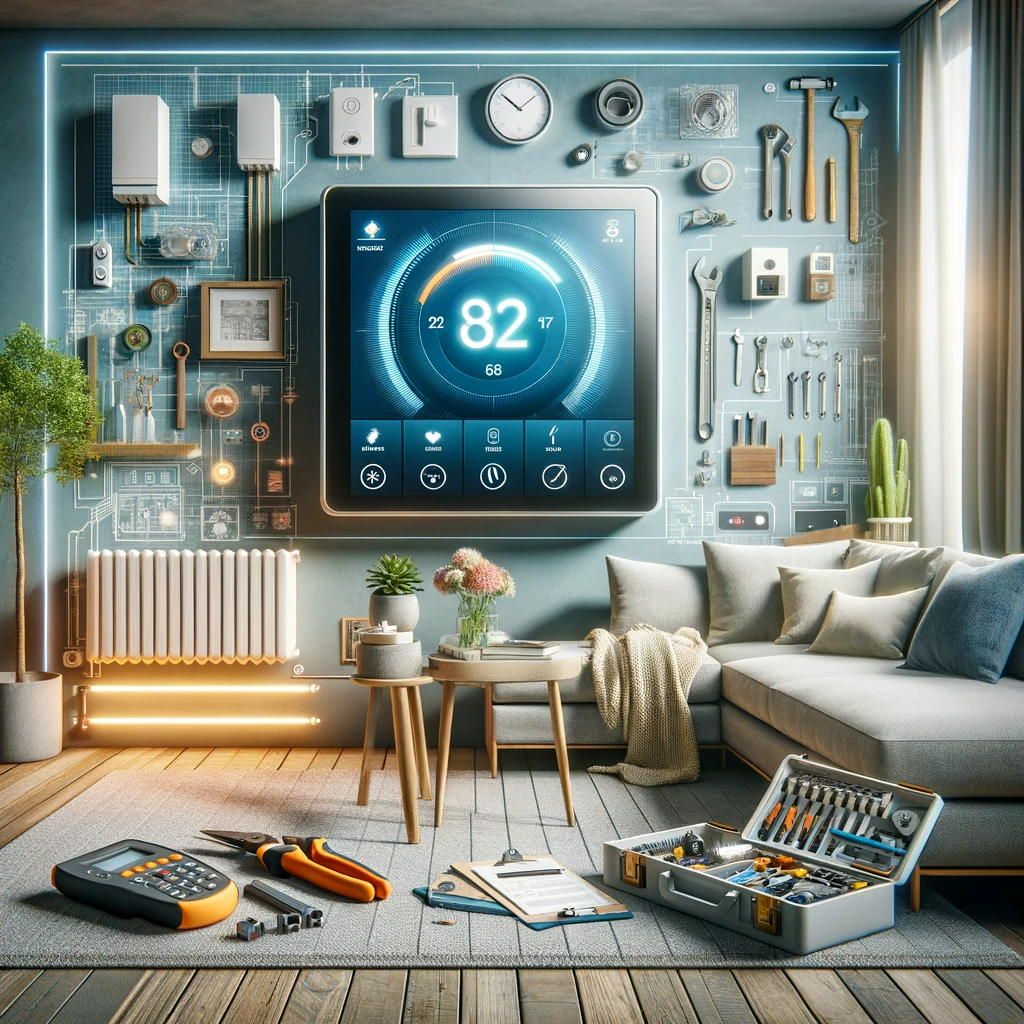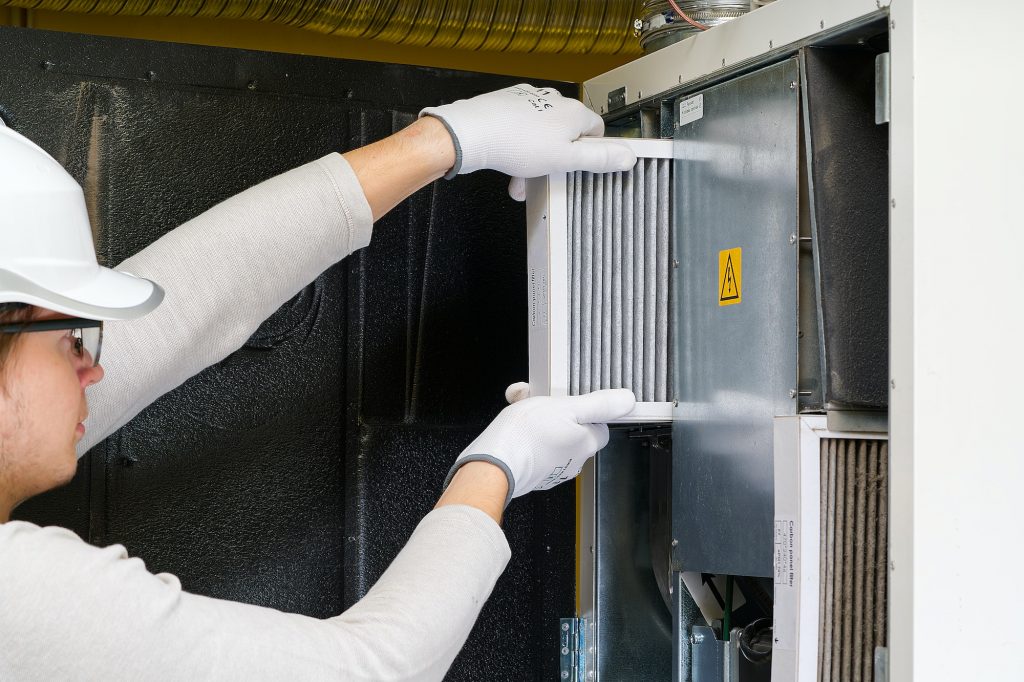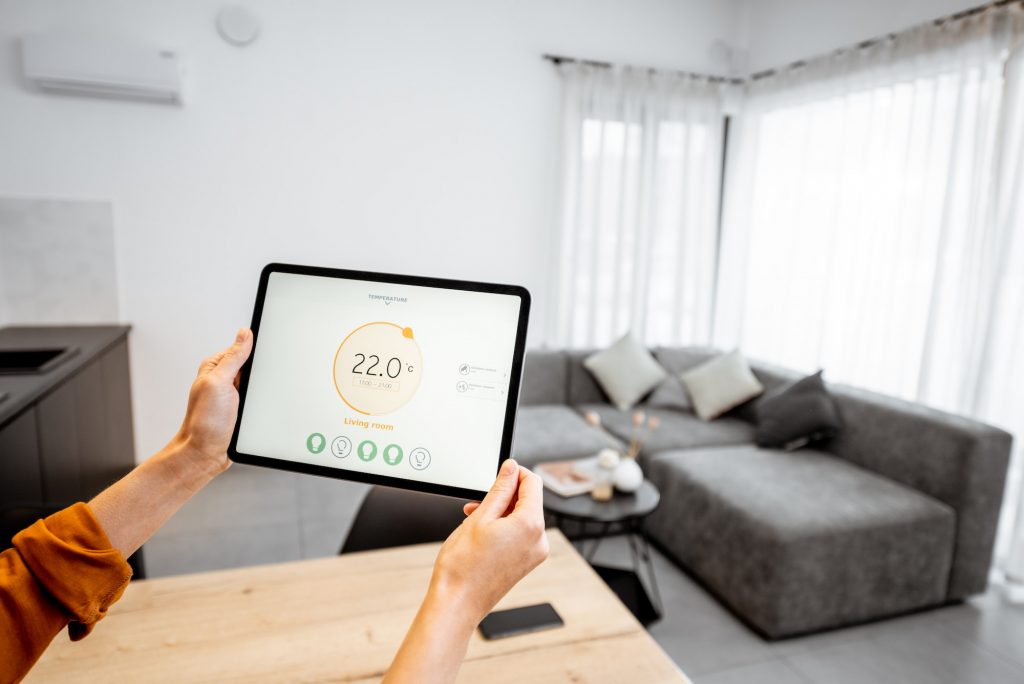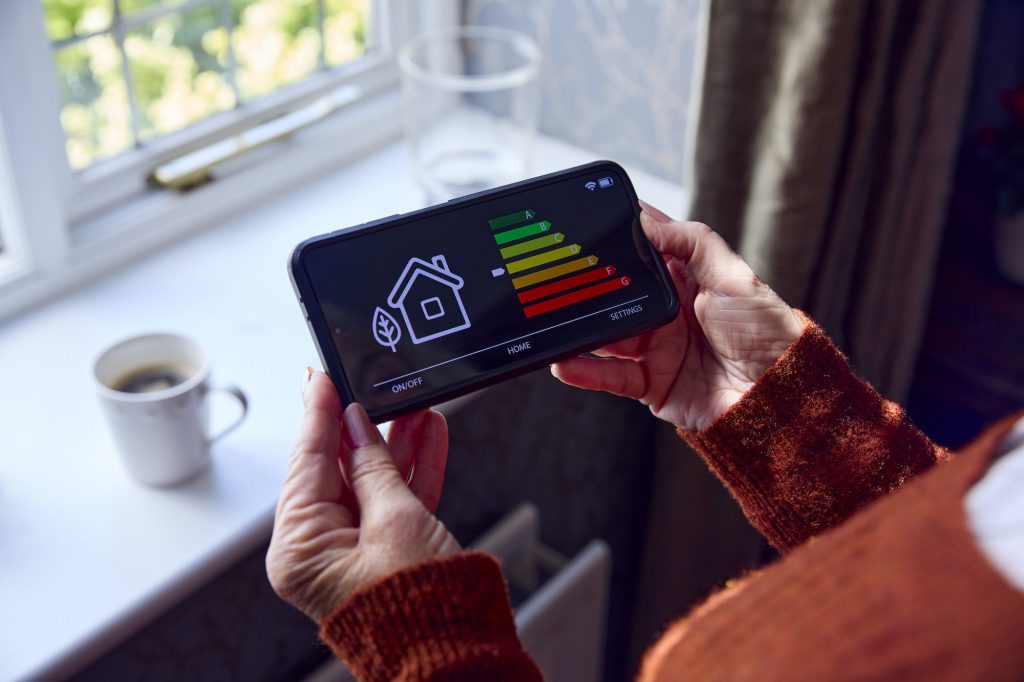Heating systems have been a crucial part of human life for centuries, providing warmth and comfort during the colder months. Over the years, heating systems have evolved and improved, becoming more energy-efficient and cost-effective. With the advent of technology, heating systems have taken a leap forward, becoming smarter and more advanced. This is where smart home heating comes in.
Smart home heating is a heating system that integrates advanced technology, such as artificial intelligence (AI) and the Internet of Things (IoT), to provide a more efficient, convenient, and cost-effective heating solution. In this article, we’ll explore the future of smart home heating, including the integration of AI and IoT technology.

Understanding AI and IoT Technology
AI and IoT are two of the most significant technological advancements in recent times, and both play a crucial role in the future of smart home heating. AI refers to the simulation of human intelligence in machines that are designed to think and act like humans. On the other hand, IoT refers to the interconnected network of physical devices, vehicles, home appliances, and other items embedded with electronics, software, and sensors that enable these objects to collect and exchange data.
The integration of AI and IoT in smart home heating systems offers numerous advantages, including improved energy efficiency, cost savings, increased comfort, improved safety, and convenience.
Advantages of Smart Home Heating
Smart home heating provides several advantages over traditional heating systems. These advantages include:
- Energy Efficiency: Smart home heating systems are designed to be more energy-efficient than traditional heating systems, as they can automatically adjust the temperature according to your needs and habits. This leads to less energy waste and lower energy bills.
- Cost Savings: In addition to energy efficiency, smart home heating can also help you save money on your heating bills by allowing you to control your home’s temperature from anywhere, anytime.
- Increased Comfort: Smart home heating systems can learn your habits and preferences, allowing you to set the temperature to your ideal comfort level. This means you’ll never have to come home to a cold house again!
- Improved Safety: Smart home heating systems can also improve the safety of your home, as they can detect and alert you to any potential issues, such as a broken boiler or a malfunctioning radiator.
- Convenience: With smart home heating, you can control the temperature of your home from anywhere, at any time, using your smartphone or tablet. This means you can turn up the heat before you get home, so your house is warm and cosy when you arrive.
How Smart Home Heating Works
Smart home heating systems consist of several components, including smart thermostats, smart radiators, smart boilers, and smart heating controls.
- Smart Thermostats: A smart thermostat is the centrepiece of a smart home heating system. It allows you to control your home’s temperature from anywhere, at any time, using your smartphone or tablet.
- Smart Radiators: Smart radiators are designed to work in conjunction with a smart thermostat, allowing you to control the temperature of each individual room in your home.
- Smart Boilers: Smart boilers are designed to be more energy efficient than traditional boilers, as they can automatically adjust the temperature according to your needs and habits.
- Smart Heating Controls: Smart heating controls allow you to control the temperature of your home from anywhere, at any time, using your smartphone or tablet.
Key Features of Smart Home Heating
Smart home heating systems offer several key features, including:
- Remote Access and Control: With smart home heating, you can control the temperature of your home from anywhere, at any time, using your smartphone or tablet.
- Automated Scheduling: Smart home heating systems can automatically adjust the temperature according to your habits and preferences, so you never have to worry about forgetting to turn down the heat when you leave the house.
- Learning Capabilities: Smart home heating systems can learn your habits and preferences, allowing you to set the temperature to your ideal comfort level.
- Energy Monitoring: Smart home heating systems can monitor your energy usage, allowing you to see how much energy you’re using and identify areas where you can make changes to save money.
- Integration with Other Smart Devices: Smart home heating systems can be integrated with other smart devices, such as smart lights and smart locks, for a fully integrated smart home experience.
Integration of AI and IoT Technology in Smart Home Heating
The integration of AI and IoT technology in smart home heating systems offers several advantages, including:
- AI-powered Heating: AI-powered heating systems use artificial intelligence to learn your habits and preferences, allowing you to set the temperature to your ideal comfort level.
- IoT-powered Heating: IoT-powered heating systems use the Internet of Things to connect your heating system to other smart devices, such as lights and locks, for a fully integrated smart home experience.
- Advantages of AI and IoT Integration: The integration of AI and IoT technology in smart home heating systems offers improved energy efficiency, cost savings, increased comfort, improved safety, and convenience. With AI-powered heating, your heating system can learn your habits and preferences, allowing you to set the temperature to your ideal comfort level. With IoT-powered heating, you can control your heating system from anywhere, at any time, using your smartphone or tablet, and also integrate it with other smart devices for a fully connected smart home experience.
Future Developments in Smart Home Heating
The future of smart home heating is bright, with several exciting developments on the horizon. These include:
- Predictive Maintenance: In the future, smart home heating systems will be able to predict when maintenance is required, allowing you to address any potential issues before they become bigger problems.
- Advanced Energy Management: Smart home heating systems will continue to improve in terms of energy management, allowing you to save even more money on your energy bills.
- Improved Comfort Control: With AI and IoT technology integration, smart home heating systems will become even better at providing the ultimate comfort experience, with improved temperature control and better integration with other smart devices.
- Increased Integration with Other Smart Devices: In the future, smart home heating systems will become even more integrated with other smart devices, such as smart lights and smart locks, for a truly connected smart home experience.
Challenges and Limitations
Despite the many advantages of smart home heating, there are also several challenges and limitations to consider, including:
- Cost: Smart home heating systems can be more expensive than traditional heating systems, making them less accessible to some people.
- Technical Expertise: Installing and maintaining a smart home heating system requires technical expertise, which can be a challenge for some people.
- Data Privacy and Security: With the integration of AI and IoT technology, there are concerns about the privacy and security of personal data.
- Interoperability: In some cases, different smart home heating systems may not be compatible with each other, making it difficult to achieve a fully integrated smart home experience.
Conclusion
Smart home heating is the future of heating systems, offering improved energy efficiency, cost savings, increased comfort, improved safety, and convenience. The integration of AI and IoT technology in smart home heating systems provides even more advantages, such as predictive maintenance, advanced energy management, improved comfort control, and increased integration with other smart devices. While there are challenges and limitations to consider, such as cost, technical expertise, data privacy and security, and interoperability, the future of smart home heating is bright and exciting.
FAQs
- What is smart home heating? Smart home heating is a heating system that integrates advanced technology, such as artificial intelligence (AI) and the Internet of Things (IoT), to provide a more efficient, convenient, and cost-effective heating solution.
- How does smart home heating work? Smart home heating systems consist of several components, including smart thermostats, smart radiators, smart boilers, and smart heating controls. Using your smartphone or tablet, these components work together to control your home’s temperature from anywhere, anytime.
- What are the key features of smart home heating? The key features of smart home heating include remote access and control, automated scheduling, learning capabilities, energy monitoring, and integration with other smart devices.
- How do AI and IoT technology integrate with smart home heating? AI and IoT technology combined with smart home heating allows the heating system to learn your habits and preferences and connects the heating system to other smart devices for a fully integrated smart home experience.
- What are the future developments in smart home heating? Future products in smart home heating include predictive maintenance, advanced energy management, improved comfort control, and increased integration with other smart devices. These advancements will continue to make smart home heating more efficient, convenient, and cost-effective.







